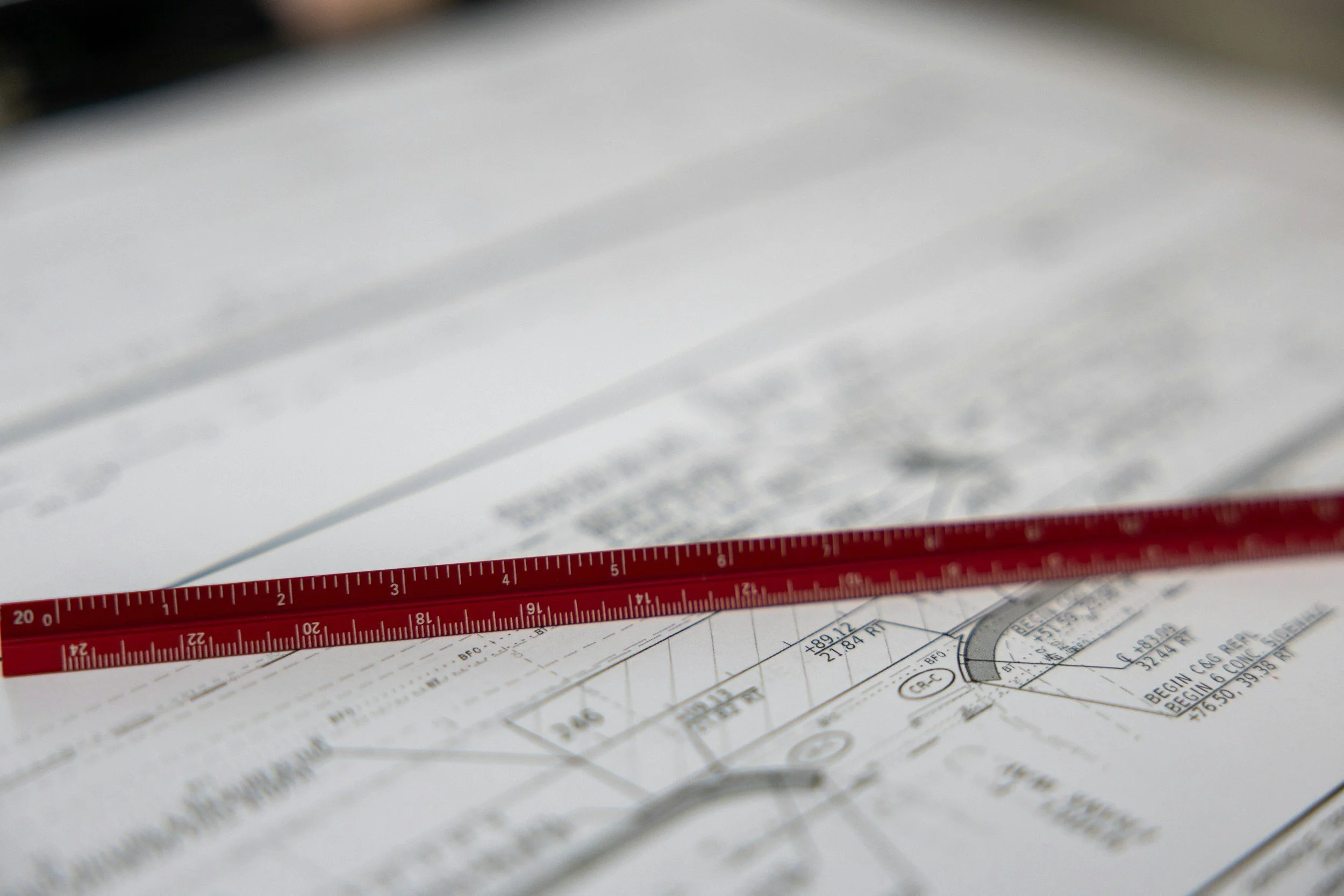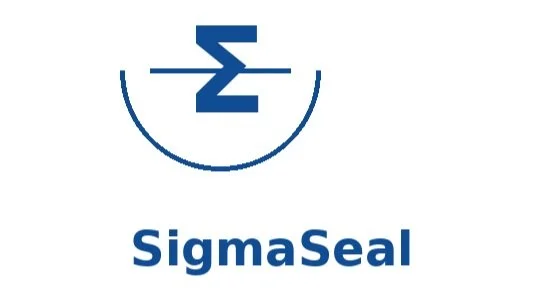
Quality by Intention.
Implementing Quality at the core of YOUR construction project.
Maintaining Quality excellence - Preventing Non-Conformance - Improving Project Outcome
At Sigma Seal we understand your project challenges
Quality in construction is paramount to ensuring the durability, safety and functionality of a built environment. It involves meticulous planning, adherence to standards, and the use of premium materials to meet both regulatory and client expectations. Effective quality planning minimises defects, reduces costs associated with rework, and enhances overall project efficiency. Ultimately, maintaining high construction quality fosters trust, professional integrity, and long-term value for stakeholders and Reputation.
SIGMA SEAL Ltd your Quality partner
Reduce Re-work - Reduce Risk - Drive Improvement - Maintain ISO 9001 accreditation
The guarantee of Quality offered through a set of planned and systematic activities that precisely "ensure" that the Quality of the project is integrated into the front-end rather than the back-end of the project itself.
At Sigma Seal, We call this Quality by Intention.
-
Cascading a client’s requirements to contractors and subcontractors in construction is a critical process to ensure project success. Effective communication and thorough documentation play key roles in this process.
Initial Requirement Clarification
Before cascading, it is essential to fully understand and clarify the client’s requirements. This includes reviewing all specifications, drawings, and contractual obligations to identify critical quality and safety standards.Documentation of Requirements
Prepare a comprehensive requirements document or a scope of work that clearly outlines the client’s expectations. Include performance criteria, materials specifications, timelines, and compliance standards. This document acts as the baseline for communicating with contractors and subcontractors.Communication Channels
Establish clear communication channels to deliver these requirements. This may involve formal meetings, written communications, and site briefings. Ensure that all stakeholders
-
Quality overlooked during the construction phases can lead to significant issues that impact project outcomes, safety, and overall satisfaction. When quality assurance is not prioritised during construction, defects may go unnoticed, resulting in costly rework, delays, and compromised structural integrity. This neglect often stems from insufficient pre-construction planning, a lack of rigorous in-construction audits, and inadequate supervision.
Ensuring quality during construction requires continuous monitoring and adherence to established standards and specifications. In-construction audits play a crucial role in identifying potential problems early, allowing corrective measures before deficiencies become embedded in the structure. Postponing quality evaluations until after construction is complete increases the risk of hidden faults and diminishes the opportunity to address them efficiently.
In summary, overlooking quality during the construction phases jeopardises the durability, safety, and performance of a project. A robust quality assurance process integrated throughout all construction stages is essential to achieve reliable, compliant, and successful project delivery.
-
The High cost of re-work in construction projects can significantly impact overall budget and timelines. Re-work often results from errors in initial planning, design flaws, or poor execution during construction. These additional costs not only include labour and materials but also delays that affect project completion and client satisfaction.
Minimising re-work demands rigorous quality assurance throughout all project phases. Early identification of potential issues through pre-construction planning and continuous audits during construction can prevent costly mistakes. Post-construction evaluations also help in learning and improving processes for future projects.
By integrating a comprehensive quality assurance strategy, firms can reduce the incidence of re-work, saving time and resources while maintaining high standards. This approach ultimately leads to more efficient project delivery and strengthens client trust.
